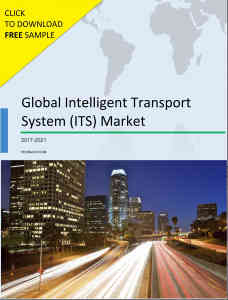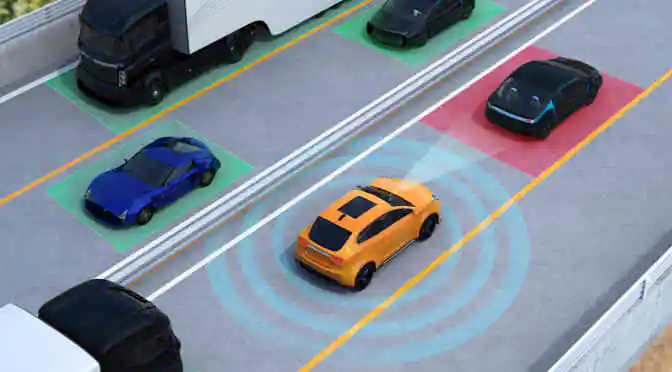Coined more than two decades ago, the term Intelligent Transportation System (ITS) encompasses the subsets of information and communications technologies that applies to operational transportation, aiming to make transport systems smart, efficient, reliable, safe and environmentally sustainable. Herein, the purpose of intelligent and smart transportation system is to create organized, clean and hassle-free structures for managing transportation.
Primarily, the ever-growing traffic congestion, high rate of pollution and higher instances of accidents are the major factors paving the way for countries around the world to adopt intelligent transport systems and consequently trim-down these critical issues.
Internet of Things is leading the revival, ‘Smart City’ plays host
Internet of Things (IoT) is poised to refurbish almost every present-day industrial vertical and the transportation sector is undoubtedly one of them. As more and more cities are embracing the ‘Smart City’ revolution, governments and technology experts continue to discover ways to improve the quality of life in these dynamic habitats, including the adoption of intelligent transport systems. IoT enables the integration of communication, control and information processing across the transportation systems, allowing for dynamic real-time interactions.
 IoT is no doubt transforming the transportation industry with the next generation intelligent transportation system that aids in optimizing logistics and fleet management, traffic management driver assistance as well as goods and services management. Plus, it helps in automating roadways, railways, airways and marine vessels.
IoT is no doubt transforming the transportation industry with the next generation intelligent transportation system that aids in optimizing logistics and fleet management, traffic management driver assistance as well as goods and services management. Plus, it helps in automating roadways, railways, airways and marine vessels.
IoT in intelligent transportation system is not only being widely leveraged for traffic management and smart parking solutions but also for fleet management, telematics solutions, passenger entertainment and security solutions. Furthermore, the IoT enabled ITS helps in advancing transportation management systems which include management of networking solutions and electronic toll collection.
ITS is geared for the long haul, US is the popular testing ground
Intelligent transportation systems are revolutionizing the way people and goods move through busy cities and traffic corridors. With the integration of smart city technologies, including sensors, telematics, connected vehicle technologies and analytics, it is quite easy to optimize traffic patterns and reduce congestion as well as make transportation systems more efficient and reliable.
Despite being highly priced, the demand for ITS products is growing at an exponential rate across the world owing to its value-added contribution. For instance, in the US, New York has recorded a reduction of about 53% of its traffic queues by implementing intelligent traffic management controllers. Qualification on a big stage, like NYC, leads credibility to this nascent and immensely promising technology.
ITS solutions can deliver environmental sustainability by trimming-down vehicle based carbon emissions. For instance, in 2015, Oakland County, US, recorded only around 3% carbon emission in a day by using an effective traffic controller. There are many more examples that attest to this benefit, that results from simple implementations and smart decision making.



